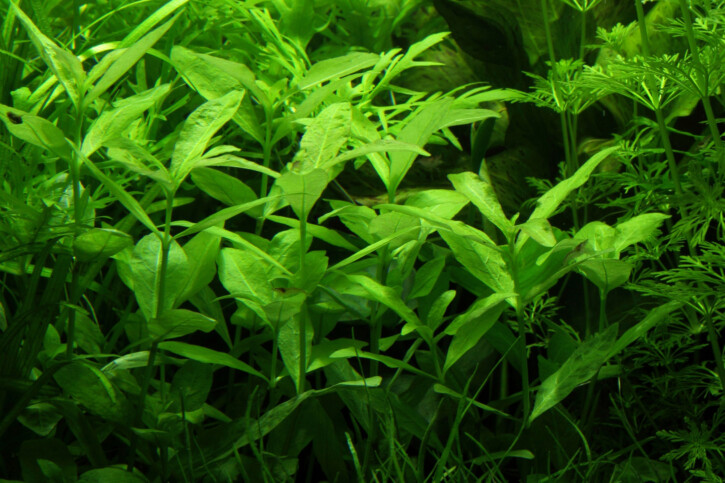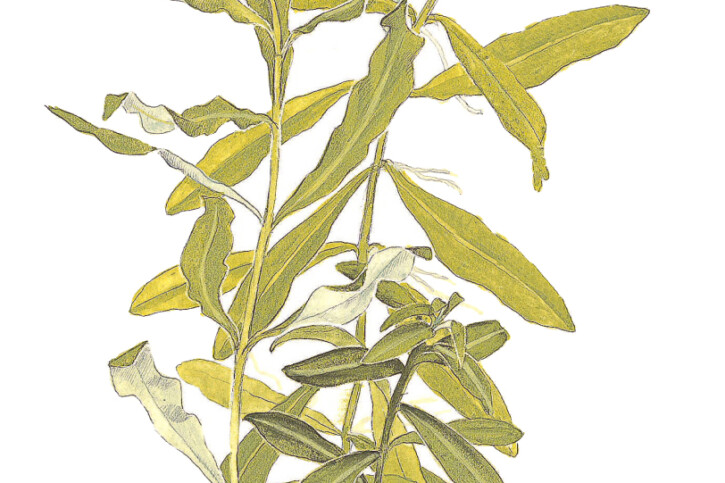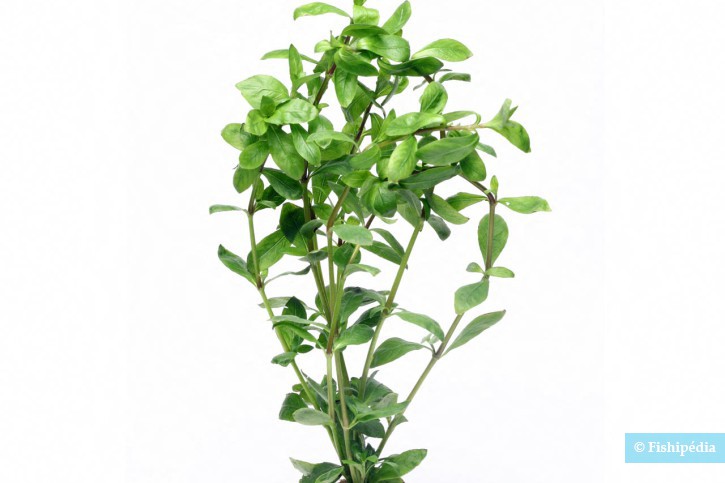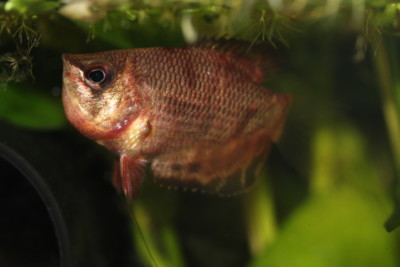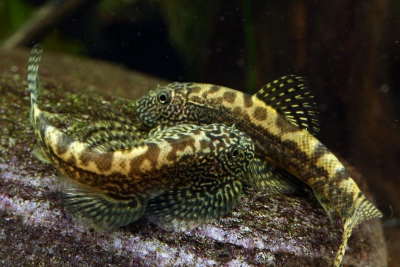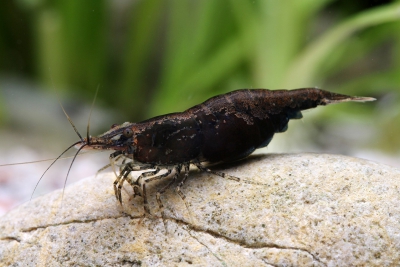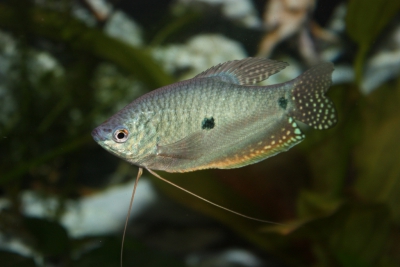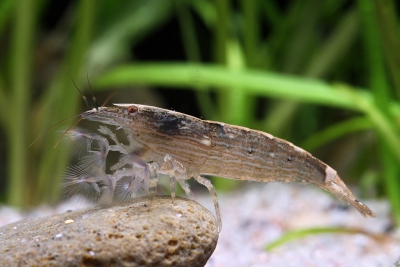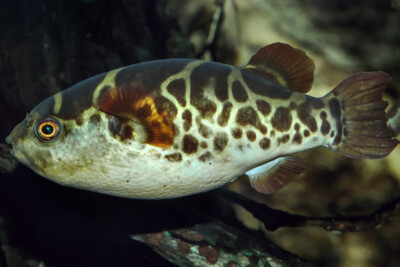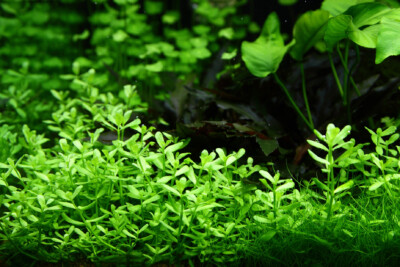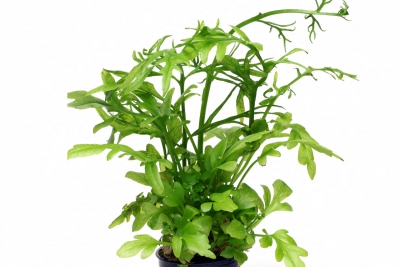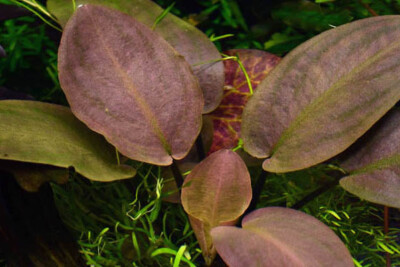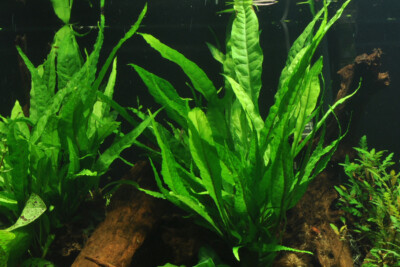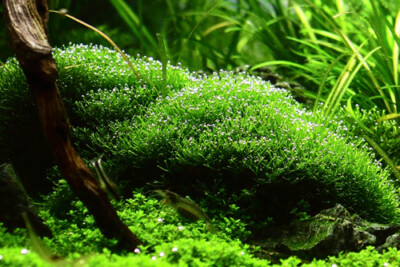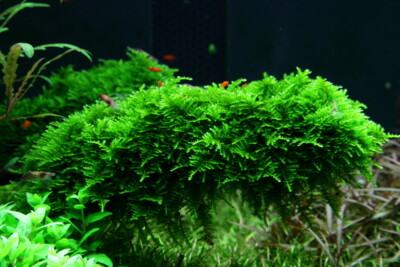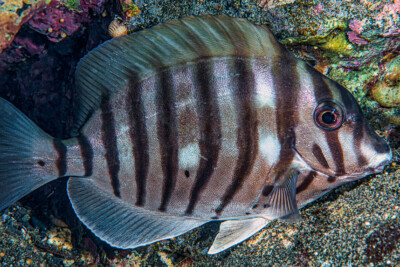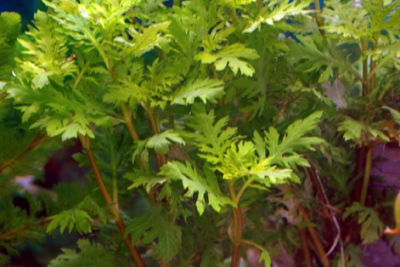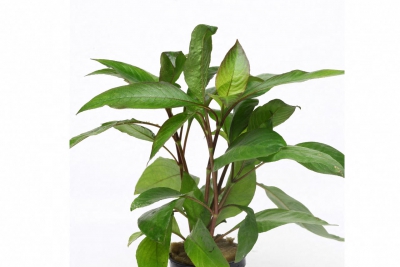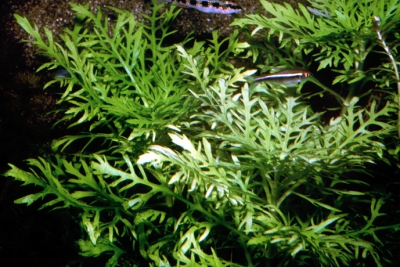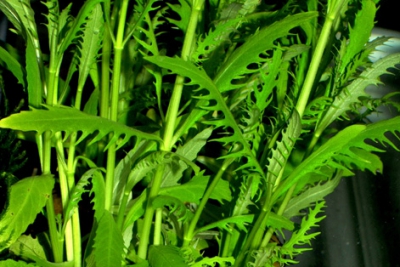dwarf hygrophila
| Scientific name | Hygrophila polysperma |
|---|---|
| Descriptor | T.Anderson |
| Year of description | 1867 |
| IUCN category (World) | LC |
| Family | Acanthaceae |
| Genus | Hygrophila |


Introduction
Hygrophila polysperma, commonly known as dwarf hygrophila, is a fresh water plant from the Asia.
This sheet is currently being prepared. The texts currently proposed come from our data model or are being drafted. To request priority for this content, you can write to us HERE.
Morphology
-
height30 - 40 cm
-
Characteristicsstem plant
-
Leavesmedium (1 - 5cm) and round
-
height30 - 40 cm
-
Characteristicsstem plant
-
Leavesmedium (1 - 5cm) and round
How to recognize This plant ?
The dwarf hygrophila measures between 30 and 40 cm. This plant is unicolore with a predominantly vert body.
Biology
-
Environmentfresh water
-
TypePalustres
-
Growthnot specified
-
Multiplicationcuttings
Harmless species
This species does not represent any particular threats to humans when encountered in its natural environment.
Origin and distribution
Conservation status of populations (IUCN)
What is its habitat?
Natural environment characteristics
-
Temperature18 - 28 °C
-
pH (acidity)5 - 9
Biotope presentation
The acidification of water comes from the decomposition of plants. This phenomenon changes the color of the water, which tends to turn brown. In some areas particularly rich in organic matter, the water is so dark that it is called "black water".
Species of the same biotope
Main recommendations for fishkeeping
Deontology
To preserve wildlife, if you acquire this plant, it must not be dispersed in the natural environment. See also, the Fishipedia charter.
Fishipedia supports the practice of responsible and environmentally friendly aquarium keeping. We encourage maintenance if it is motivated by a desire to understand the biological functioning of living things and if it is done with respect for animal life.
We believe that aquaristics is an opening to the discovery of aquatic environments, especially freshwater, and that this knowledge is necessary to better protect and respect these environments. Logically, we refute the compulsive purchase of animals that would not find a sufficient and / or adapted place in the host aquarium.
-
Temperature18 - 28 °C
-
Lighting neededHigh (1W/1L)
-
CO2 needLow
-
pH (acidity)5 - 9
These animals might interest you
To go further
Sources & Contributions
Participation & Validation
The Fishipedia team and specialist contributors are committed to providing high-quality content. However, although the information comes from scientific sources or testimonials from specialists, the cards may contain inaccuracies.
Translation
Translation done with the valuable contribution of our translators, who make this information available to a wider audience. We sincerely thank them for their commitment.
Scientific partners
The brands Tropica and Dennerle Plants collaborate with our teams for the development of the Fishipedia plant encyclopedia.
Scientific partners
Tags
Species of the same family
Same genus
Species of the same biotope
